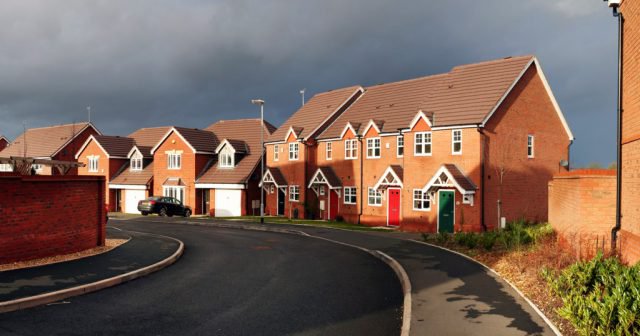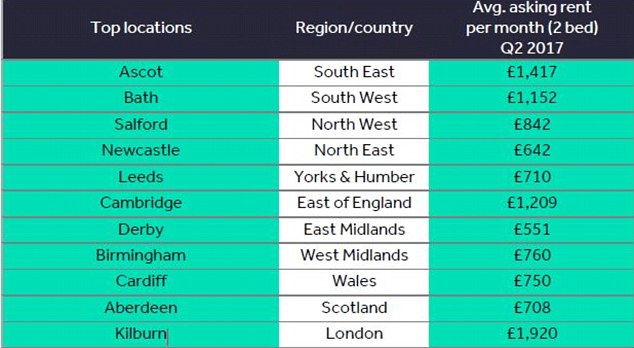So-called unfair charges levied on purchasers of new-build houses could be banned in England, under a new crackdown proposed by the Government.
Leaseholds on new build properties would be prevented, while ground rents could also be dramatically reduced, under plans set for public consultation.
Fees
Some new-build property owners have found that they were permitted to pay large amounts of money for features that could be considered as ordinary. These included putting up a conservatory, changing floor materials or simply painting their garden fence!
In addition, spiralling ground rents, which can double over the course of a decade, are also leaving many out of pocket.
Government figures suggest that 1.2million leasehold houses are present in England, with this number rapidly increasing. The Government has acknowledged that the terms of some of these leases are becoming more-and-more onerous to those purchasing leasehold properties. Many are left needing to find thousands of pounds to pay their freeholder in order to carry out these often simple improvements.
As such, the Government has outlined plans to cap leasehold fees and crackdown on properties that qualify for the Help to Buy scheme. Some developers have voluntarily stopped the practice of selling on their leasehold to private companies but others have not.
Leaseholds
Generally, the term leasehold applies to flats with shared space. However, developers, particularly in the North West of England, have been selling houses on these terms, before selling the leases on.
Now, Communities Secretary Sajid Javid is pledging to try and solve these issues. Under the proposals, there will be a ban on new builds being sold as leaseholds, alongside ground rents being restricted to as low as zero.
Mr Javid noted that some buyers have faced, ‘unreasonable and long term financial abuse’

Leaseholds on new builds could be banned under new proposals
‘It’s clear that far too many new houses are being built and sold as leaseholds, exploiting home buyers with unfair agreements and spiralling ground rents. Enough is enough. These practices are unjust, unnecessary and need to stop. Our proposed changes will help make sure leasehold works in the best interests of home buyers now and in the future,’ he explained.[1]
The eight-week consultation process with new legislation is expected by the beginning of 2018.
Delighted
Beth Rudolf, Director of Delivery at The Conveyancing Association, observed: ‘We are delighted to see the Government responding to such a significant weight of evidence from leaseholders and stakeholders in the property industry, and producing proposals intended to prevent additional homeowners getting caught by escalating ground rents and unreasonable consent fees.’
‘We look forward to hearing more details on these proposals and hope they will deal with the single biggest loophole, the Commonhold and Leasehold Reform Act, which currently excludes leasehold homeowners from having any protection from unreasonable fees and unreasonable delays when buying, selling or simply improving their property,’ she added.[2]
[1] http://www.propertywire.com/news/uk/leaseholds-new-houses-england-banned/






